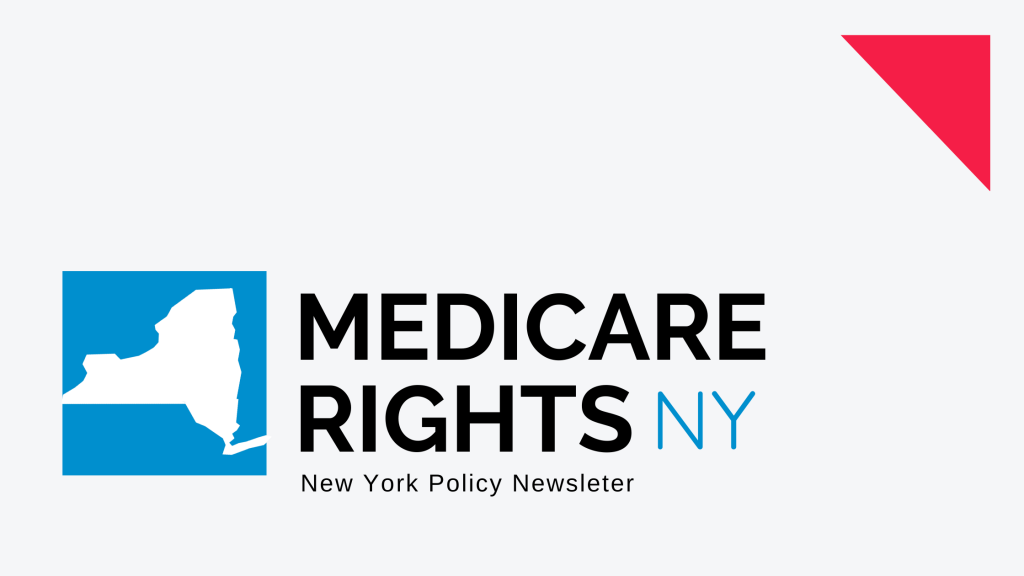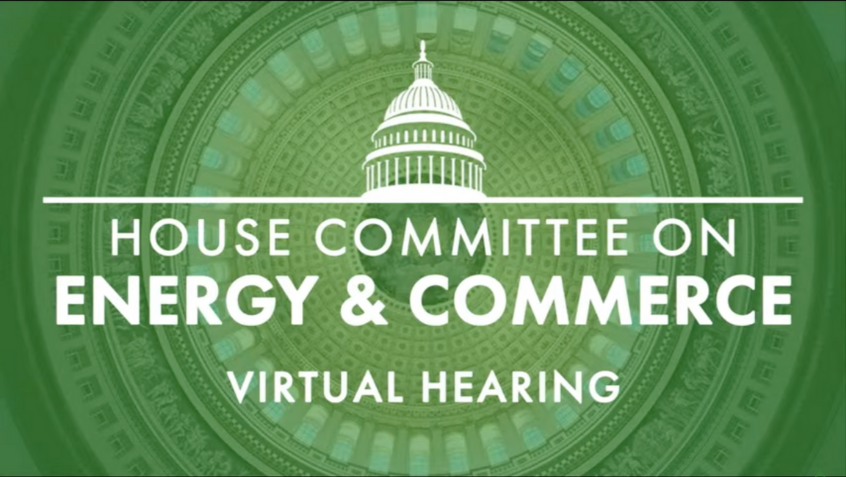The recent COVID-19 relief bill, the American Rescue Plan (ARP), makes important changes to help older adults, people with disabilities, and families amid the pandemic and its economic fallout. The $1.9 trillion package signed into law by President Biden includes several of the Medicare Rights Center’s priorities and related reforms […]
Read More
The Kaiser Family Foundation (KFF) recently highlighted some common questions and answers about how the Medicare program is funded. According to the KFF FAQ, Medicare spending accounts for 21% of national health care spending and 12% of the federal budget. Its funding comes primarily from general revenues, payroll taxes, and […]
Read More
The Centers for Medicare & Medicaid Services (CMS), the agency that runs the Medicare program, recently reversed a change to Part D demonstration rules announced by the previous administration that would have allowed participating plans to eliminate important beneficiary protections. The Medicare Rights Center and our partners spoke out strongly […]
Read More
Last month, the Biden administration began work to reverse a harmful public charge immigration rule that disproportionately harmed older adults and people with disabilities. Now, they have taken the final steps to reverse the rule which caused members of some communities to avoid health care and other needed services during […]
Read More
The COVID-19 public health emergency (PHE) sparked a host of major changes to the Medicare program, including wider use and availability of telemedicine, greater access to medications, and flexibilities designed to decrease burdens and improve staffing for providers. Looking forward, there are still areas of need, both during and after […]
Read More
The longstanding position of the Medicare Payment Advisory Commission (MedPAC) is that Medicare spends more overall for enrollees in Medicare Advantage (MA) than the program would have spent for similar beneficiaries enrolled in traditional fee-for-service Medicare (Original Medicare). MedPAC has a statutory mandate to issue an annual report to Congress […]
Read More
Medicare Rights Advocacy New resource provides information on default enrollment in New York State Medicare Rights has released a new flier related to default enrollment of dually eligible New Yorkers into integrated Medicare-Medicaid managed care plans. The flier defines default enrollment, provides a case example for how default enrollment works, and reviews […]
Read More
This week, Medicare Rights Center President Fred Riccardi testified at a hearing of the House Committee on Energy & Commerce, Subcommittee on Health entitled “The Future of Telehealth: How COVID-19 is Changing the Delivery of Virtual Care.” While new information about COVID-19 continues to emerge, it has long been clear […]
Read More
The United States spends more for health care per capita than other high-income countries and does not have better outcomes to show for it. While some policies focus on requiring consumers to shop their way to savings, the researchers at the Kaiser Family Foundation (KFF) analyzed years of data and found […]
Read More









